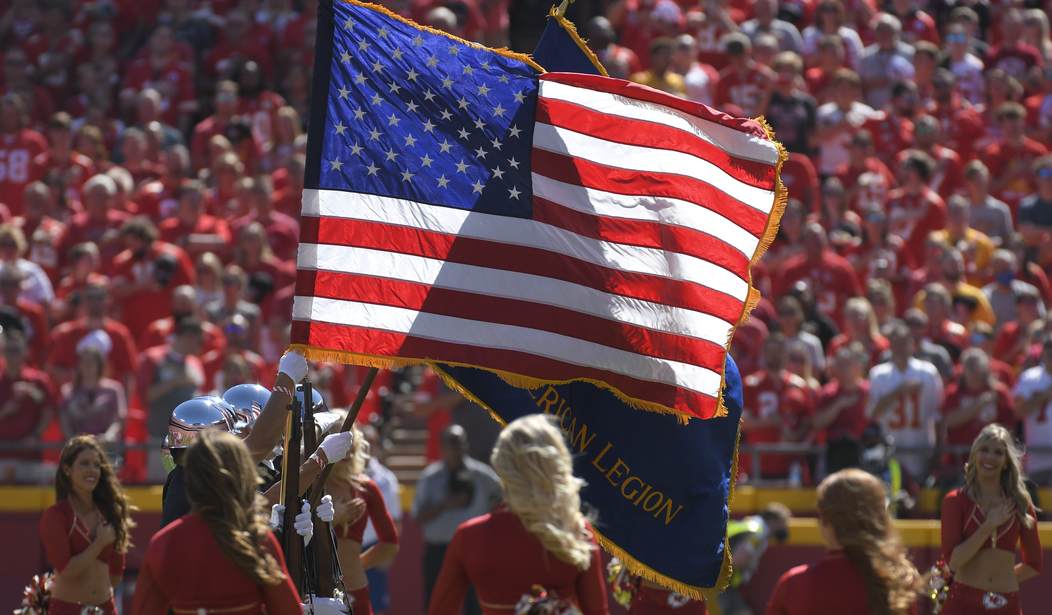Some books have impeccable timing, the Traci Fenton’s Freedom at Work is one of those. The lockdown of the pandemic, the forced isolation of workers, millions of people working at home, has led to an unexpected result – many people are opting to leave their jobs in search of something else. This ‘Great Resignation’ is enough to give leaders of companies a good reason to pause and rethink their internal operating strategies.
This began during the last economic crisis in 2008. The constriction of the economy meant that many employees feared for their jobs. Many leaders adopted a centralized approach to management, mostly out of fear for their own jobs. Personnel Departments morphed into Human Resources – whose very name says that the staff are not people, but merely resources.
Freedom at Work’s core tenant is that our workplaces need to be designed like a democracy rather than a dictatorship. Fenton lays out an extremely convincing business case that many workplaces operate on the basis of fear and control and that it makes for a less-than-productive work environment. She advocates for a transformational model of leadership called Freedom at Work, based upon three pillars: mindset, leadership and organizational design – where departments, divisions, and even entire companies are more democratic in nature – empowering employees to grow the organization and increase profits. The author does this by identifying ten principles of organizational democracy and then provides a blueprint for companies to implement this culture.
What Fenton has done is take an innovative idea and present it in a manner that easy for the reader to digest. In Freedom at Work, she accurately points out that employee loyalty is at an all-time low in many organizations. She advocates that leaders need to understand that by giving their employees a higher degree of control, not just of their careers, but of the business that they are accomplishing, better results ensue. Even in companies that believe that they are successful, the teams that perform the yeoman’s work are often stifled and not operating at their full potential.
Recommended
It is this potential that Fenton highlights, which can make companies expand, grow, and service their customers better. As she so eloquently puts it, “I started to see how a democratic style of leadership created the conditions where individuals could learn self-government, develop a deeper sense of self-worth, and rise to their full leadership potential.” This became the impetus for her work in this field.
She makes no qualms about the hurdles that this kind of change demands. She advocates turning a business into a full-fledged democracy. She does this by outlining ten principles for creating a freedom-centered organization design: Purpose and Vision, Integrity, Dialogue and Listening, Transparency, Accountability, Decentralization, Individual and Collective, Choice, Fairness and Dignity, and Reflection and Evaluation.
Freedom at Work provides readers with a framework for this new workplace freedom. This is not based on some academic theory or idealistic whim – Fenton has done her homework, interviewing dozens of successful CEO’s and other business leaders who have implemented this model and gotten results. She has built a successful global company herself and is an active practitioner who has, for the last 25 years, been implementing her Freedom at Work model.
This kind of leadership and organizational approach requires far more transparency than many companies demonstrate now. Democracy in the workplace, however, does not mean a simple vote. Instead, decision making is something not done in a secluded conference room with drawn shades, but is something that is explained and engaged in with the staff that are affected.
When you read a leadership book of this type, you recognize that there is no one-model-fits-all that can work for every business. Fenton does not advocate that every idea she has captured must be done. Instead, she firmly establishes a profound concept – that leaders need to apply a more free and democratic approach to running their organizations.
To enable this kind of model, she has provided over 100 proven tools, ideas, and concepts that can be employed to make this kind of transformation to more democracy possible. One that leapt out to me was the Culture Book. As she writes, “One online retailer publishes an annual “Culture Book.” They collect short essays from their 1,700 employees on the subject of the company’s culture and then publish them—unedited—in a book that the CEO distributes to everyone. Each year, all employees, both new and old, contribute a fresh essay to the book, which has grown to 480 pages. Their CEO uses it not only to get employees thinking about the meaning of their work, but also to show the outside world what they have built together.” This is a brilliant idea and one that requires a courageous leader who is willing to let their employees help guide, craft, and describe where they work and why. More importantly, this is merely one tiny example of the countless gems that are in Freedom at Work.
As our economy undergoes convulsions and employees begin to question their place at work and whether it aligns to their values and wants – this is a book leaders cannot afford to not read and take to heart. I highly recommend it for anyone interested in taking their organization to the next level.
Blaine L. Pardoe is author of Blue Dawn: The most chilling "what-if" in history...the progressive overthrow of the United States. Pardoe is an award-winning New York Times bestselling author who lives in Virginia. He is the author of numerous science fiction, military history, true crime, horror, and business leadership books.

























Join the conversation as a VIP Member